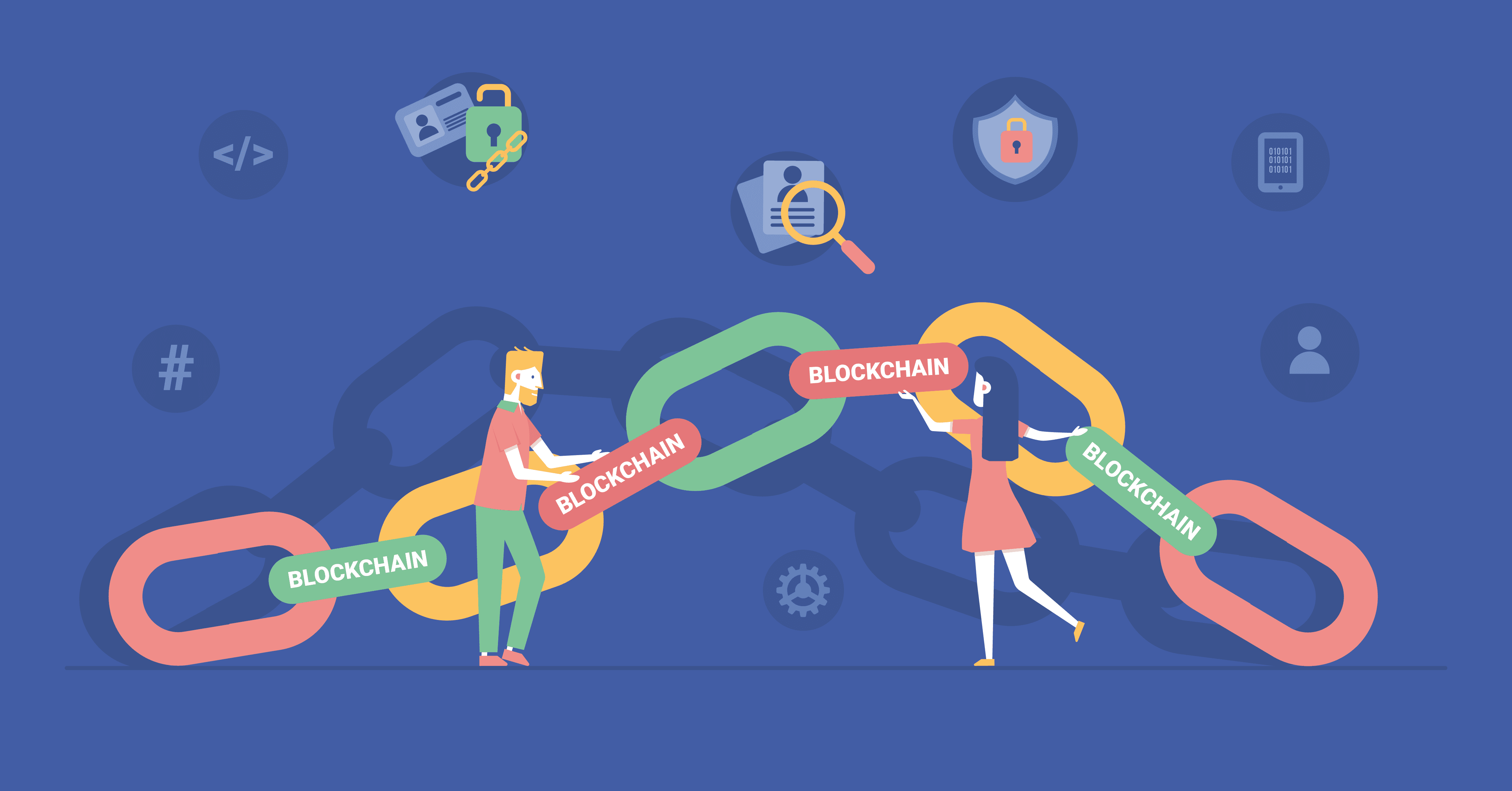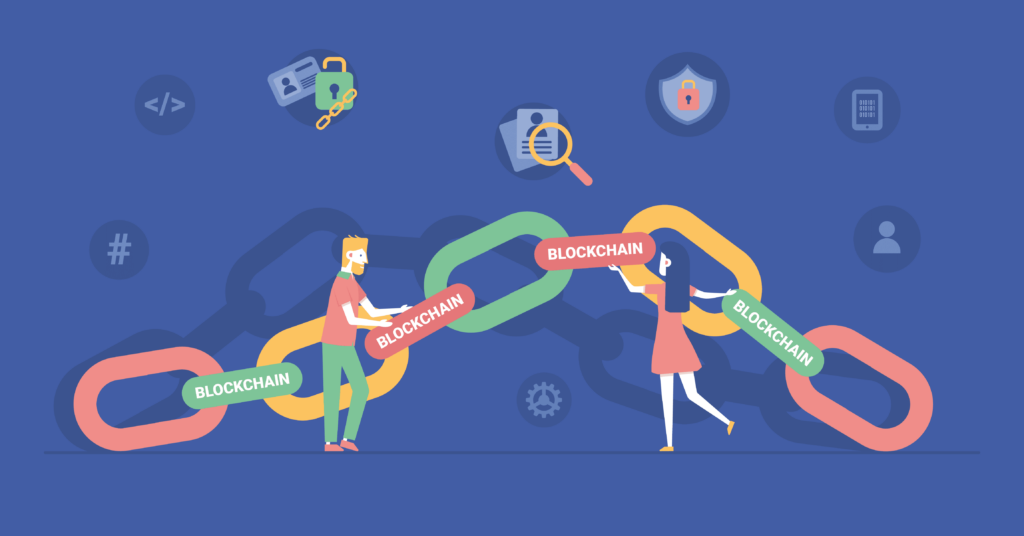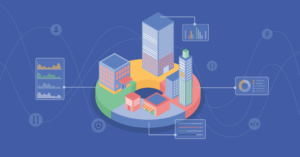Until very recently, all internet data was stored on web servers. There were many reasons for this, but one in particular was hugely important: by keeping information in scattered points across the globe, servers prevented the unauthorised altering of data. This is why you are able to trust that your facebook account will not be accessed by anyone other than you. Or, stated another way, facebook has become a trusted intermediary between you and the content you access online. With the advent of cryptocurrency Bitcoin, however, the stage was set for a profound technological change: the Blockchain.
Bitcoin’s notorious reputation in the media is largely due to the threat it poses to the current financial order. By allowing peers to transfer money without the intervention of banks or government agencies, Bitcoin introduced a vast paradigm shift. Where news outlets have truly failed the public, however, has been in their reluctance to report on the groundbreaking technology behind the digital currency. As a matter of fact, Bitcoin is to the blockchain what facebook is to the internet, and the world is only just beginning to tap into the potential applications for this new technology. Software Planet Group would like our customers to know about the opportunities that lie ahead for companies choosing to embrace decentralised software.
In a nutshell, blockchains are remarkable because they act as a highly reliable digital record of every transaction completed in a network. Peer-to-peer transfers of digital assets (money, loyalty points, music, art, etc.) are linked together by encrypted blocks of data which create the so-called “blockchain.” Blockchain users are able to access information within the digital record in a completely decentralised and distributed system that is verified by the unanimity of millions of computers. As a result, trust is not established by big institutions, but rather by clever code, collaboration and the highest standard of cryptographic security. In fact, if someone wished to hack a particular block in a blockchain, they would also have to hack all preceding blocks in the history of the chain, and do so on every ledger in the datastore. This not only would require enormous computing power, but could also take a very long time. And even then, should data be forged successfully, the decentralised nature of the blockchain would not allow the original information to be altered in any way— an unprecedented level of online security.
Because of this novel approach to digital transactions, the potential applications for the blockchain are manifold. They include allowing citizens to vote in elections via their mobile devices, the development of fully automated notary services and even the creation of smart, self-regulating contracts between companies and individuals. Yet another practical way the technology could be implemented would see our toll roads detecting cars as they drive by to take automatic payments.
For small and medium-sized businesses, the possibilities are just as extraordinary. Blockchain technology effectively allows us to reimagine business interactions by creating cost-efficient networks where every digital asset can be securely traded and tracked without the need for intermediaries. And because blockchain networks can be made accessible to the entire world or limited to organisations, it is capable of delivering transformative change to company management and growth.
At Software Planet Group, we are excited about the future applications of this technology, but are equally eager and qualified to create powerful blockchain solutions for our customers today.




